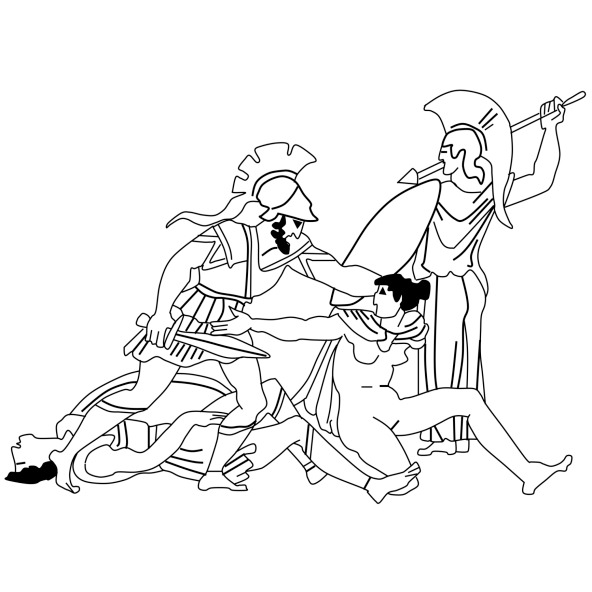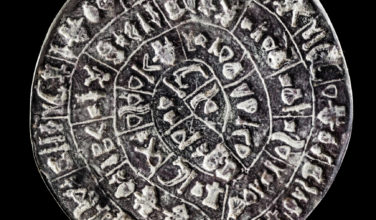Greco-Persian Wars: How the Greeks Defeated the Persians
Comments Off on Greco-Persian Wars: How the Greeks Defeated the Persians
 Have you ever thought about what would have happened to Greece if the Persian Empire were successful in defeating them? It is possible that the Greek culture may have developed much differently had the region been taken over by the Persian Empire. With the Persian defeat came a thriving period of time where the Greek city-states began to really flourish.
Have you ever thought about what would have happened to Greece if the Persian Empire were successful in defeating them? It is possible that the Greek culture may have developed much differently had the region been taken over by the Persian Empire. With the Persian defeat came a thriving period of time where the Greek city-states began to really flourish.
The Greco-Persian Wars, which took place from 492 BC to 449 BC, happened at a time when the Persian Empire was at its peak. Yet, the Greeks were the ultimate victors by the war’s end. How did they do it?
Unified Greek City States
Before the war began, the Persians began moving their way towards Greece. Around 522 BC, they started conquering some of the smaller Greek city-states that were located over by the Aegean Sea. In 500 BC, the Greeks showed the Persians that they weren’t going to allow themselves to be conquered without a fight.
What followed was a six-year conflict known as the Ionian Revolt, which took place on the western coast in Anatolia. Though the Persians ultimately won this conflict, it started to create a sense of unity amongst the Greek city-states because Athens sent a small fleet in support of Ionians. This sense of unity is part of what made Greek city-states ultimately successful.
Alliances During the War
The Persian Empire was a strong, united force. At the time of the war, Greece was still divided into multiple city states, each with varying populations and degrees of military strength. At the time, the two most formidable of the city-states were Sparta, known for their military, and Athens, who was known for its impressive naval fleet. Though both were powerful, they were still divided.
As the war progressed, however, the Greeks managed to join forces. Though the Athenians had battled with the Persians alone in 490 BC in Marathon, they were still victorious. Since the Athenians were victorious, this held off the Persians for about ten years before they launched another wave of attacks.Note that about 15,000 soldiers outnumbered the Athenians yet they won the battle with fewer than 200 casualties.
At War’s End
Ten years later, Persia had a new king – Xerxes. He spent much of his time building his forces to an even greater number than what his predecessor, King Darius, had. Xerxes had one thing on his mind – to succeed where Darius had failed.
For the Greeks, though, they were even more prepared for Xerxes than they were ten years prior. The Spartans were in charge of the war on land and the Athenians were in charge of the war by the sea. Though the outcome of battles seemed to tip in Persia’s favor (such as the famed battle at Thermopylae where a limited number of Spartans managed to wage an impressive stand against the Persians), the Greeks won the war.
There are two factors that helped the Greeks defeat the Persian Empire. The first was the sheer tenacity of their soldiers. The Greeks simply wouldn’t accept the idea of being invaded by another country and they fought until they won. Another factor was that by uniting the city-states, particularly the Spartans and Athenians, it created a skilled, well balanced army that was able to defeat the Persians despite their numbers.
Categorized in: Ancient Greek History
This post was written by Greek Boston





